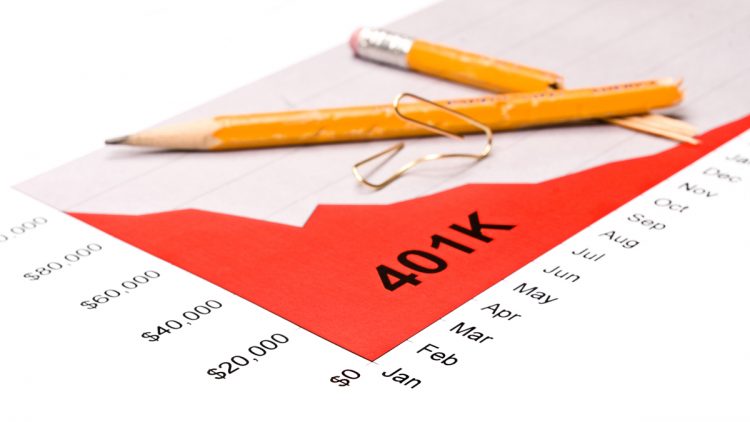How Much To Contribute To 401(k) In Your 20s
Retirement may not be top of mind when you are in your 20s. However, it’s never to early to start contributing to a 401(k). Let’s take a look at how much you should contribute during your younger years.
How Much Should I Contribute To My 401(k) In My 20s?
There are several considerations to make when determining how much you should contribute. In general, it’s best to start with smaller contributions, and expand on the amount later on. Below, are four factors you must consider before contributing to your 401(k).
1. Determine Your Ideal Retirement Age
It’s crucial to really think about the age of your potential retirement. You’ll want to estimate when you’d like to retire prior to contributing to a 401(k). Of course, this can be hard to determine at such a young age, but you should already have an idea of what kind of lifestyle you’d like to enjoy in the future.
Start by deciding on your ideal retirement age, then work backward to figure out how much you’ll need to save each month to retire by that age. Compound interest will play a large role in helping you reach your desired savings amount.
2. Figure Out How Much You Can Save
After determining your retirement age, you can work to figure out what percentage of your income you’ll be able to save. Look at your after-tax monthly income and all your expenses. Figure out how much you have left over at this point. If it’s $400, consider putting at least half that amount into your 401(k).
You will be able to schedule automatic monthly withdrawals from your savings or checking account to put toward your retirement fund. After all, if the money goes directly to your retirement account, you likely won’t miss it.
3. Understand 401(k) Contributions
The financial experts recommend saving at least 15% of your pre-tax income and putting that toward retirement. One benefit of contributing to a traditional 401(k) is that this will be done using pre-tax income, meaning you’ll get a tax deduction for the contributions. For instance, if you make $3,000 per month, contributing $100 to your 401(k), you will only be taxed for $2,900 in the month.
Contributing early to your 401(k) gives you plenty of time to make your money back in case of any unfortunate economic swings. Even the most seasoned investors and experts have trouble predicting turbulent economic times.
An employer match is another reason why you should contribute to a 401(k). Many employers will match your contributions up to a certain extent. Essentially, an employer match is free money used to grow your retirement savings.
4. Consider Opening Traditional Or Roth IRA
You should consider opening a traditional or Roth IRA alongside your 401(k). A Roth IRA is funded with your after-tax dollars, while the traditional version is funded via pre-tax income. Both of these IRAs allow you to withdraw money without penalty after the age of 59.
If you have any extra money left in your budget at the end of the month, funding IRAs can put you on a fast track to a comfortable retirement. The more time your funds have to grow, the larger they will be come time for retirement.
Conclusion
If you are still unsure about how much you should be putting in your 401(k), then consider reaching out to a financial expert for advice. Starting to save now will prevent you from having to contribute higher amounts in the coming years.
Tax Settlement in Mesa, Arizona
If you need IRS Debt Help, Tax Debt Settlements or Tax Debt Advising in Phoenix, Mesa or anywhere else, Tax Debt Advisors can help! Give us a call at 480-926-9300 or fill out our contact form for a free consultation.

